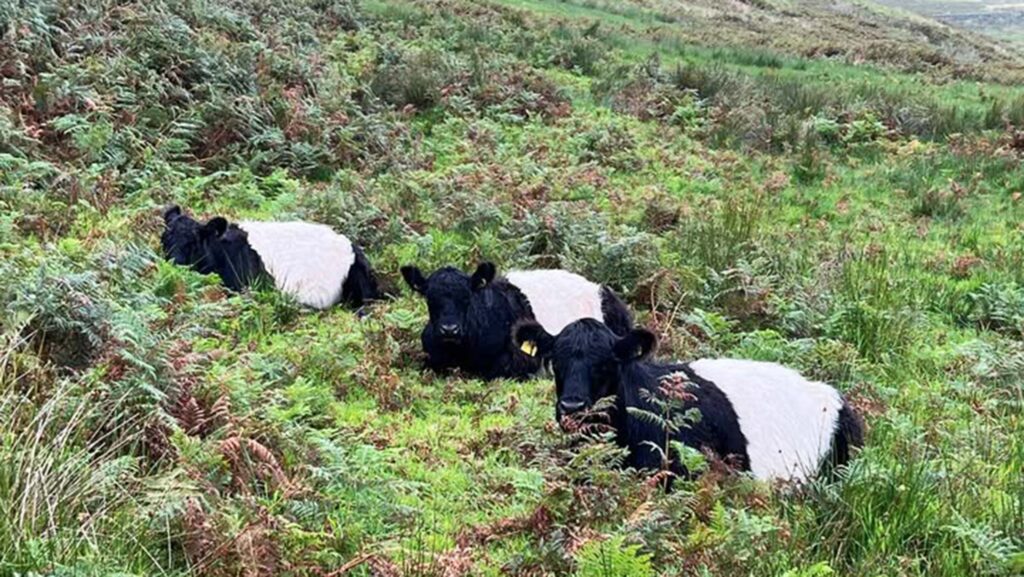Farmers trial livestock to trample invasive bracken
 © Pasture for Life
© Pasture for Life Farmers across Cumbria, Lancashire, and Yorkshire are experimenting with livestock to manage bracken, an invasive plant that threatens grazing land and biodiversity.
The Pasture & Profit in Protected Landscapes initiative, delivered by Pasture for Life and supported by Defra’s Farming in Protected Landscapes programme, aims to reduce reliance on chemicals while restoring habitats.
Livestock – including cattle, pigs, and ponies – are deployed strategically to trample bracken, opening space for other plant species. Pigs also root out bracken rhizomes underground.
See also: Scots farmers struggling to control bracken without Asulox
This approach aims to create a balanced habitat that supports diverse flora and fauna, including the endangered high brown fritillary butterfly, whose habitat is at risk from dense bracken growth.
Katharine Pinfold, a farmer at Hudson Place Farm in Loweswater, Cumbria, said: “Our Belted Galloway cattle are a low-input, nature-friendly solution to bracken control.
“Working with other farmers to monitor the effects has been exciting, especially seeing which plants emerge as bracken recedes.”
The trial does not aim to eradicate bracken entirely, as it can support woodland ground flora in some areas, such as dog violets that feed fritillary butterfly caterpillars.
Instead, it seeks to maintain a habitat “mosaic” that balances biodiversity with agricultural needs.
The project is being supported by Innovative Farmers, the Soil Association and the James Hutton Institute.
Biodiversity gains
Field lab researcher Robin Pakeman, of the James Hutton Institute, highlighted the novelty of the project.
“This is the first trial of its kind in decades. Without herbicides like Asulox, we must innovate. Livestock allow precise management, potentially offering long-term biodiversity gains,” he said.
Soil health is also under scrutiny, with samples analysed for carbon and nitrogen content. Researchers aim to measure the broader environmental impact of the approach.
Rebecca Swinn, manager of Innovative Farmers, said: “Farmers urgently need sustainable solutions to bracken management. This trial could inspire wider adoption of nature-friendly methods.”
The project represents a collaborative step toward sustainable land management, benefiting farmers, ecosystems, and species at risk.
